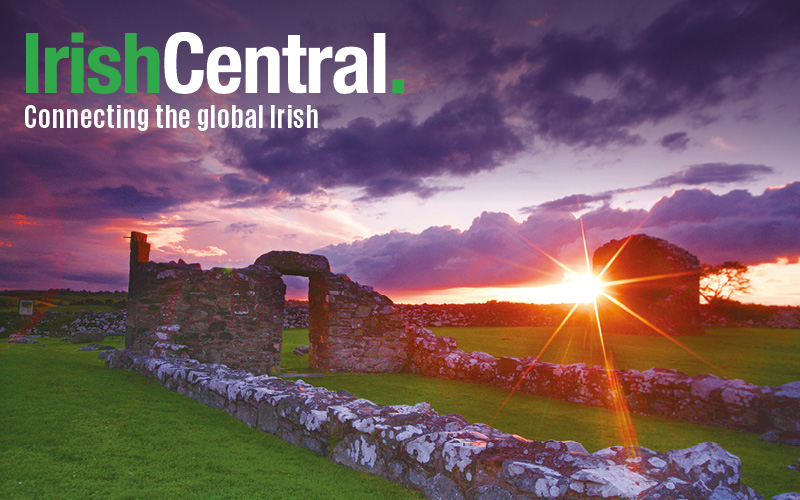Inspired by the Freedom Trail in Boston, Dublin will soon have its own Freedom Trail for locals and visitors to retrace the steps of those who fought in the 1916 Easter Rising.
Fianna Fail councilor Paul McAuliffe proposed the historical path in 2010, and at last week’s Dublin City Council meeting, Lord Mayor of Dublin Christy Burke announced that the council had committed to building the trail, which would either be made of a green line or demarcated brick.
According to the Journal, McAuliffe envisions brass plates marking important sites around the city, like the General Post Office and the Rotunda.
The trail will have three looped routes: “The Easter Rising,” “The Ruling Dublin,” and “Battles and Barracks.” As well as battle sites and monuments associated with Easter Week, the Dublin route will also include places associated with the 1798 insurrection and Robert Emmet's 1803 rebellion.
“In certain areas – where there are cobble stones and historical granite – we’ll have to be more sensitive,” he said.
The Boston Freedom Trail is a 2.5-mile red-lined walking route that connects 16 sites associated with the American Revolution, including museums, meeting houses, burial grounds and churches. Installed in 1951, the route attracts more than 4 million visitors per year.
In a press statement, Councilor McAuliffe said, “A trail marked on the pavement serves as a physical reminder on the streets of the capital.”
A Department of Transport spokesman confirmed the initiative is expected to be running within the next 12 months.
“It will create employment for those in the tourism industry and improve the visitor’s experience, making it easy to navigate the way to important buildings or locations associated with the 1916 Rising.”
Along with signposts and information boards along the way, there will be a downloadable app to guide visitors. These will be available around April.
They haven’t yet settled on a name, but McAuliffe told the Journal: “I think we should try to find something unique, maybe add in the Irish language, and certainly get the public involved. Whatever we call it, though, Dubliners will come up with their own name for it.”




Comments